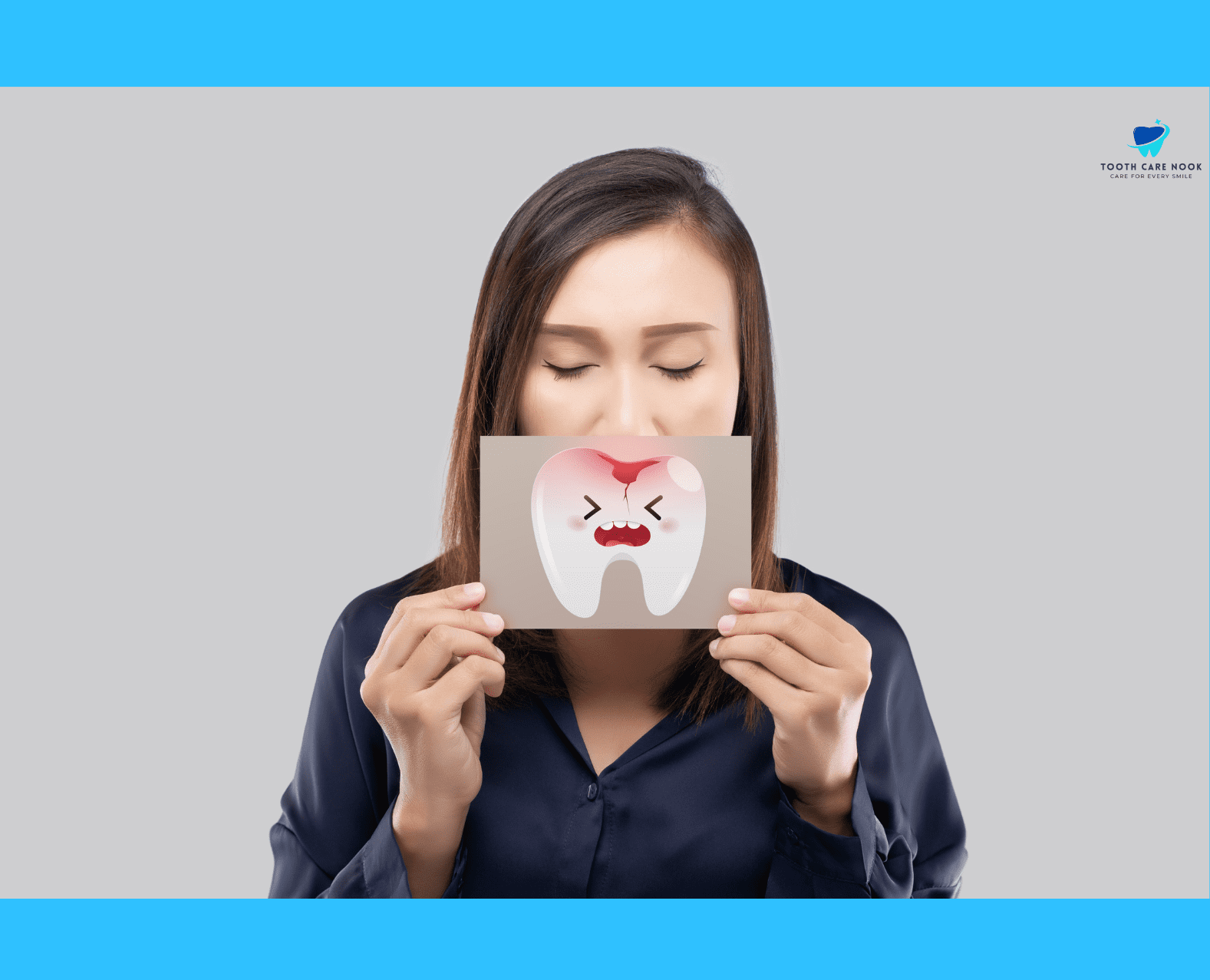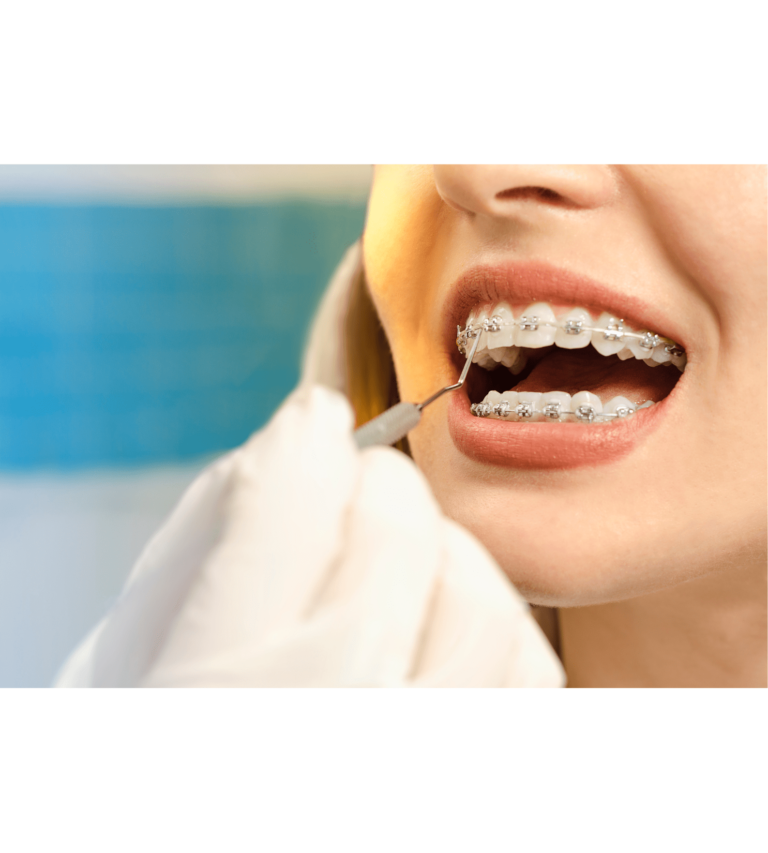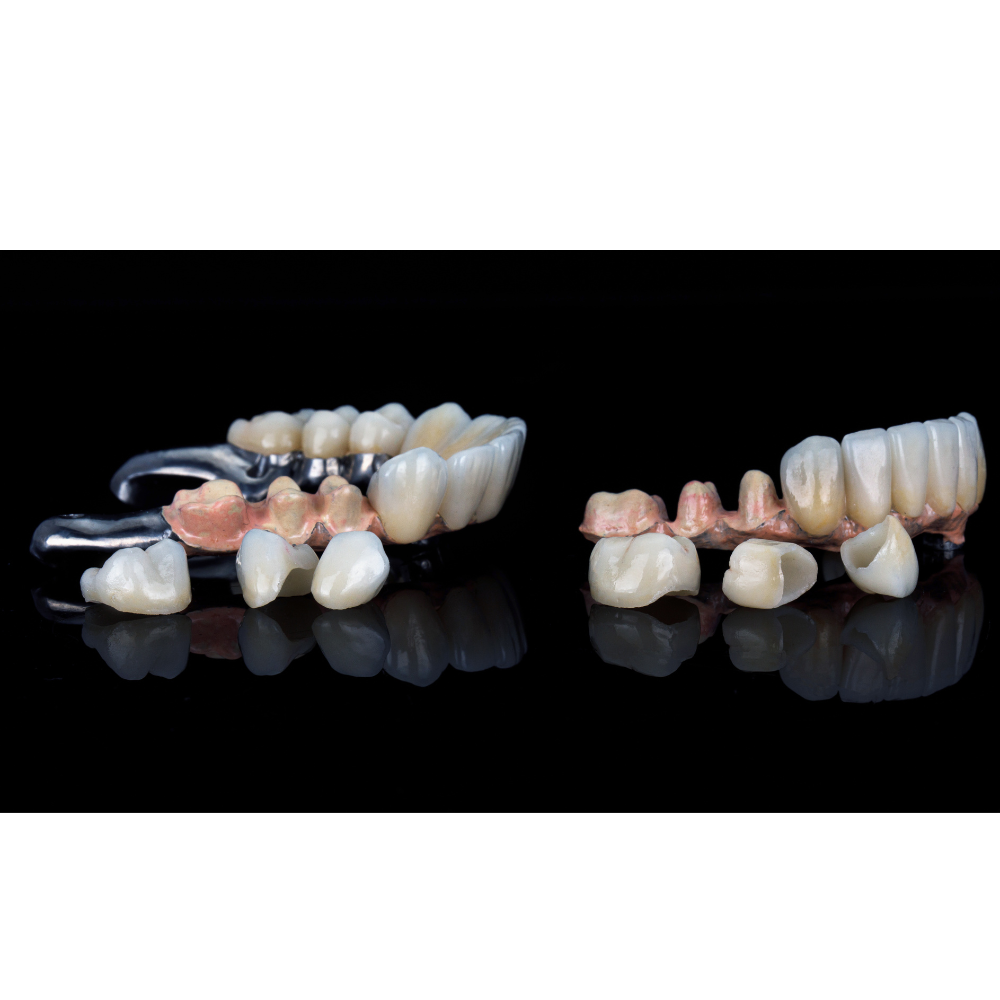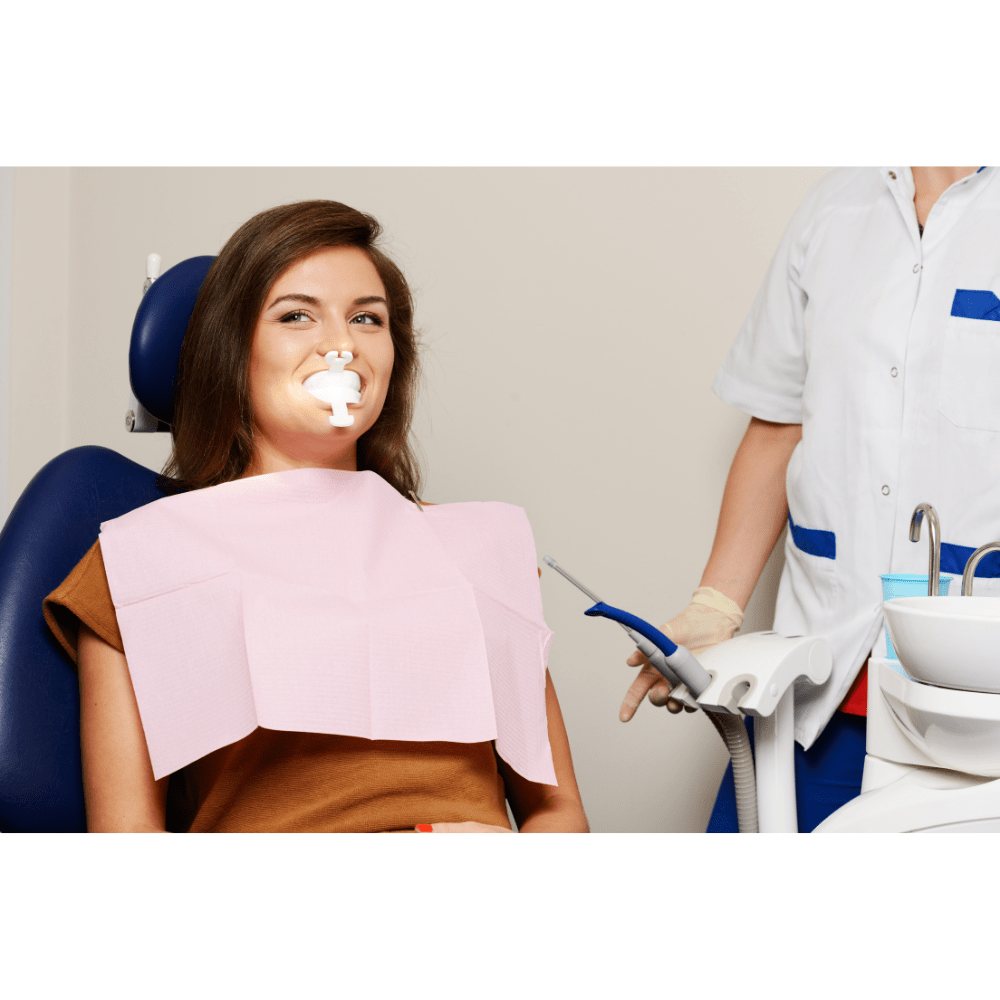What Happens If You Don’t Get Braces | What Experts Say
Many people consider getting braces to straighten their teeth and improve their smiles. But, not everyone decides to go through with orthodontic treatment. A decision should be made based on an understanding of its potential consequences.
Curious about what happens if you don’t get braces? In this article, we will explore the various effects of forgoing braces. You’ll discover why braces might be necessary and what to expect if you choose not to get them.
Who Should Get Braces
Braces are primarily for people with issues related to teeth alignment and bite functionality. They’re suitable for individuals with crooked teeth, overcrowding, or spacing issues like gaps between teeth.
In children, early intervention with braces can be necessary to guide proper jaw and teeth development. Braces are also for persons with correcting bite problems like open bites or deep bites which contribute to better oral health by facilitating easier hygiene maintenance.
What Happens if You Don’t Get Braces
If orthodontic issues are left untreated or you don’t get braces, the following potential consequences can arise:
- Crooked or misaligned teeth are harder to clean, increasing the risk of cavities, gum disease, and tooth decay.
- Malocclusions, such as overbites, underbites, or crossbites, can lead to difficulty chewing, speaking, and even breathing properly.
- Misaligned teeth can affect the appearance of the smile. It leads to lowered self-confidence and self-esteem.
- Misaligned jaws can cause chronic jaw pain, headaches, and temporomandibular joint disorders.
- Orthodontic issues tend to worsen over time if left untreated, potentially leading to more severe and costly treatments later in life.
- Some orthodontic issues can affect speech clarity and pronunciation.
- Protruding teeth are more vulnerable to injury during accidents or contact sports.

Potential Reasons Not to Get Braces
Here are some reasons why a person might choose not to get braces:
Cost Concerns:
Braces can be expensive, and not everyone may have the financial means to afford them, especially if insurance coverage is limited.
Length of Treatment:
Orthodontic treatment with braces typically lasts for an extended period, often several months to a few years. This may not be feasible for some individuals due to personal or professional commitments.
Maintenance and Lifestyle Changes:
Braces require diligent oral hygiene practices and dietary modifications to avoid damaging the brackets or wires. It can be inconvenient or challenging for some individuals to maintain.
Prefer Alternative Options:
With advancements in orthodontic technology, alternatives to traditional braces such as clear aligners or lingual braces are available. They may better suit the preferences or needs of certain individuals.
Functional Concerns:
In rare cases, individuals may have functional concerns or medical conditions that make wearing braces challenging or impractical.
Alternative Ways to Straighten Your Teeth
- Invisalign
- Retainers
- Palatal expanders
- Teeth bonding
- Veneers
- Tooth contouring
- Accelerated orthodontics

What Age is Too Late to Get Braces?
There is no specific age that is considered too late to get braces. Orthodontic treatment can be effective at any age if the teeth and gums are healthy. Adults of all ages, including those in their 40s, 50s, and beyond, can successfully undergo orthodontic treatment to improve their smile and oral health.
FAQs
What if I Don’t Want Braces But I Need Them?
If you need orthodontic treatment but don’t want traditional braces, you can opt for clear aligners e.g. Invisalign or retainers as an alternative option.
Why Does My Smile Look Weird After Braces?
You’ll notice a change in your smile after having braces. Braces are designed to align and correct your teeth and bite, so your smile may appear straighter, less crowded, or show teeth in new positions after getting treatment.
While these changes improve the overall look of your smile, it might take some time to get used to the new alignment. If your smile seems different in a way that concerns you and if you feel weird, you should discuss it with your orthodontist. They can provide insights and make any necessary adjustments to ensure you’re happy with your results.
Why Do My Teeth Look So Big After Braces?
Your teeth might look bigger after braces because they are now properly aligned and more visible. Here are a few reasons for this perception:
- Teeth that were previously crowded or overlapped are now straightened, making them more prominent.
- Braces can sometimes cause minor gum recession which exposes more of the tooth.
- You might simply be more focused on your teeth after treatment, noticing details you hadn’t before.
Do Teeth Become Stronger After Braces?
Teeth do not become inherently stronger after braces. However, braces align your teeth properly, leading to better oral health overall.
Why Do Braces Change Face Shape?
Braces can sometimes give the impression of changing face shape, but they don’t alter bone structure. They straighten your teeth and correct your bite, which can affect the appearance of your jawline and overall facial symmetry.
In some cases, braces can subtly adjust the position of your jaw, which might change the way your face looks. As your teeth move into proper alignment, it can impact the positioning of your gums and lips, subtly altering facial contours.



